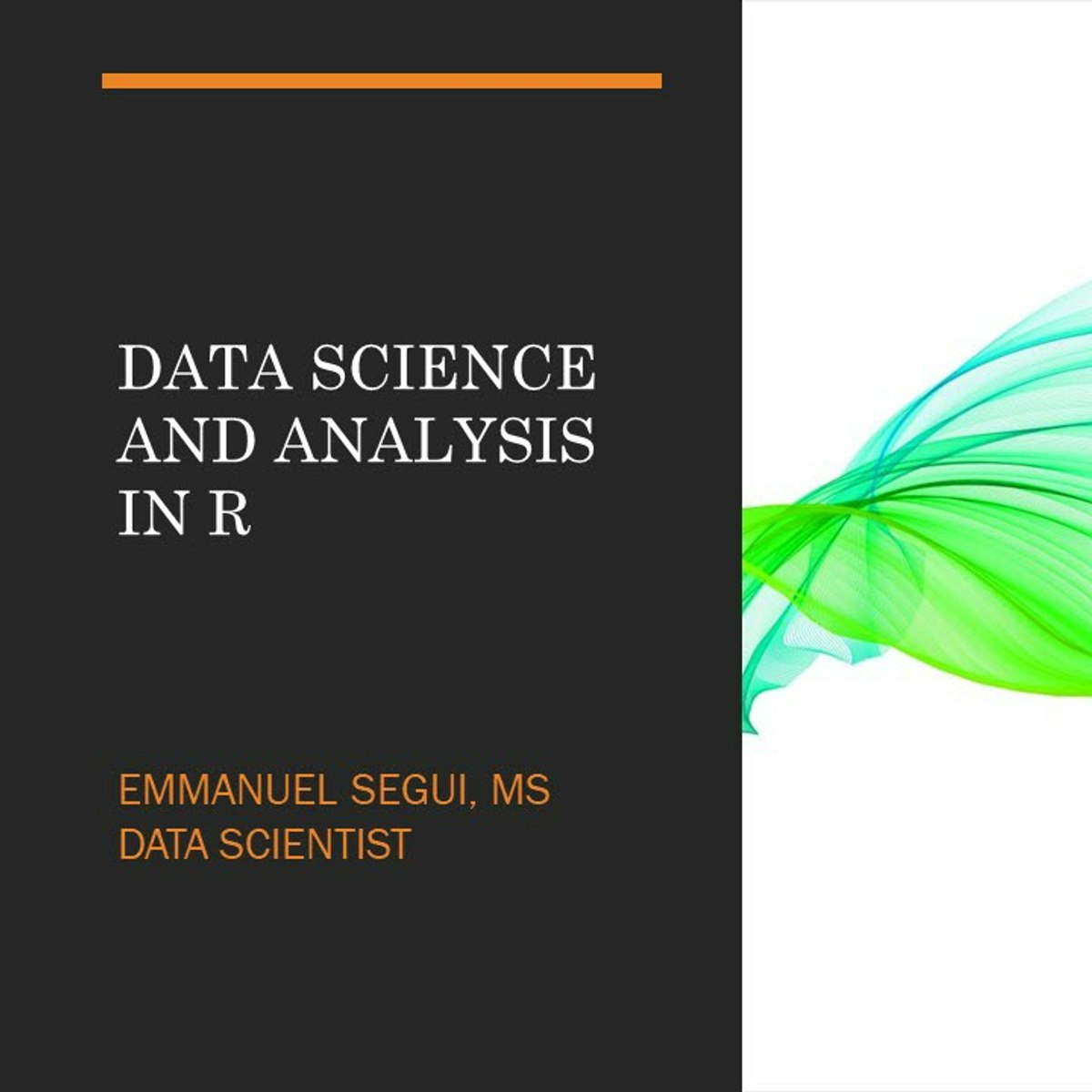
In this 1-hour long project-based course, you will learn how to do basic exploratory data analysis (EDA) in R, automate your EDA reports and learn advanced EDA tips
Note: This course works best for learners who are based in the North America region. We’re currently working on providing the same experience in other regions.
What's inside
Syllabus
Good to know
Save this course
Reviews summary
Engaging data analysis using r
Activities
Attend data science meetups
Show steps
Connect with others in the field and learn from their experiences.
Show steps
-
Find data science meetups in your area
-
Attend the meetups and interact with other data scientists
Review R basics
Show steps
Start the course with a strong foundation in R basics.
Browse courses on
R Programming
Show steps
-
Go through online tutorials on R basics
-
Complete practice problems on R basics
Read 'Exploratory Data Analysis with R'
Show steps
Supplement your learning with an in-depth book on EDA.
View
R for Data Science: Import, Tidy, Transform,...
on Amazon
Show steps
-
Read the book and take notes
-
Complete the exercises in the book
Three other activities
Expand to see all activities and additional details
Show all six activities
Practice EDA techniques in R
Show steps
Practice the techniques discussed in the course to gain proficiency.
Browse courses on
Exploratory Data Analysis
Show steps
-
Follow along with the EDA examples in the course
-
Complete practice exercises on EDA techniques
-
Create your own EDA visualizations
Participate in peer review
Show steps
Get feedback on your work from peers.
Show steps
-
Exchange EDA reports with a peer
-
Provide feedback and ask for feedback on the report
Help other students with EDA
Show steps
Reinforce your knowledge by helping others.
Show steps
-
Join a study group or online forum
-
Answer questions and provide guidance to other students
Attend data science meetups
Show steps
Connect with others in the field and learn from their experiences.
Show steps
- Find data science meetups in your area
- Attend the meetups and interact with other data scientists
Review R basics
Show steps
Start the course with a strong foundation in R basics.
Browse courses on
R Programming
Show steps
- Go through online tutorials on R basics
- Complete practice problems on R basics
Read 'Exploratory Data Analysis with R'
Show steps
Supplement your learning with an in-depth book on EDA.
View
R for Data Science: Import, Tidy, Transform,...
on Amazon
Show steps
- Read the book and take notes
- Complete the exercises in the book
Practice EDA techniques in R
Show steps
Practice the techniques discussed in the course to gain proficiency.
Browse courses on
Exploratory Data Analysis
Show steps
- Follow along with the EDA examples in the course
- Complete practice exercises on EDA techniques
- Create your own EDA visualizations
Participate in peer review
Show steps
Get feedback on your work from peers.
Show steps
- Exchange EDA reports with a peer
- Provide feedback and ask for feedback on the report
Help other students with EDA
Show steps
Reinforce your knowledge by helping others.
Show steps
- Join a study group or online forum
- Answer questions and provide guidance to other students
Career center
Data Analyst
Data Scientist
Statistician
Business Analyst
Market Researcher
Financial Analyst
Consultant
Data Engineer
Quantitative Analyst
Actuary
Operations Research Analyst
Software Engineer
Computer Scientist
Mathematician
Physicist
Reading list
Share
Similar courses
OpenCourser helps millions of learners each year. People visit us to learn workspace skills, ace their exams, and nurture their curiosity.
Our extensive catalog contains over 50,000 courses and twice as many books. Browse by search, by topic, or even by career interests. We'll match you to the right resources quickly.
Find this site helpful? Tell a friend about us.
We're supported by our community of learners. When you purchase or subscribe to courses and programs or purchase books, we may earn a commission from our partners.
Your purchases help us maintain our catalog and keep our servers humming without ads.
Thank you for supporting OpenCourser.



